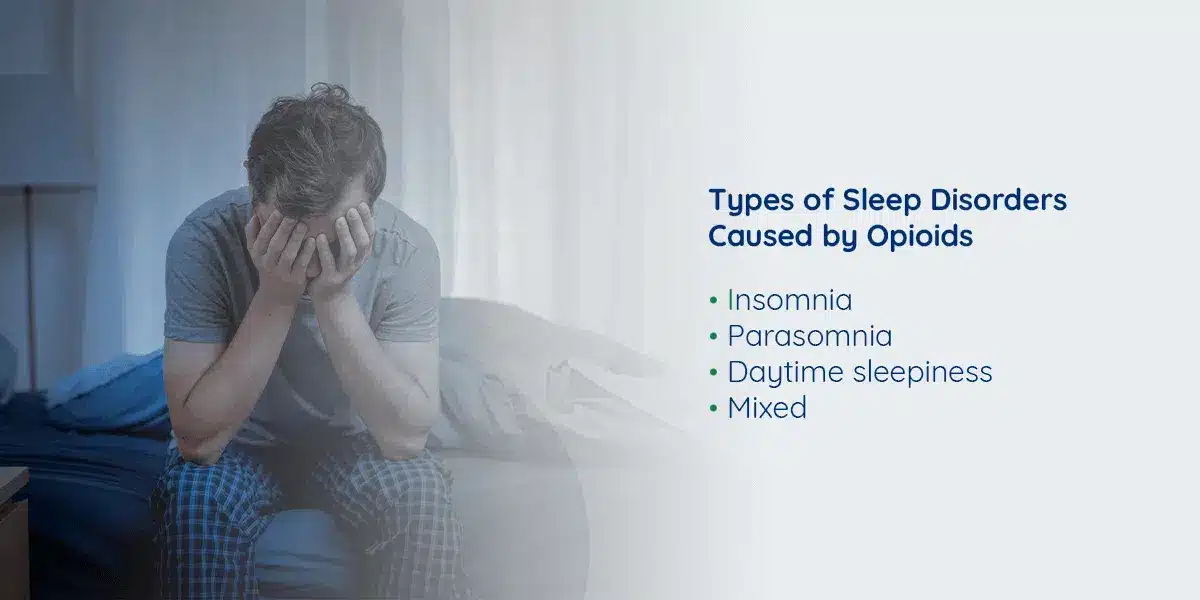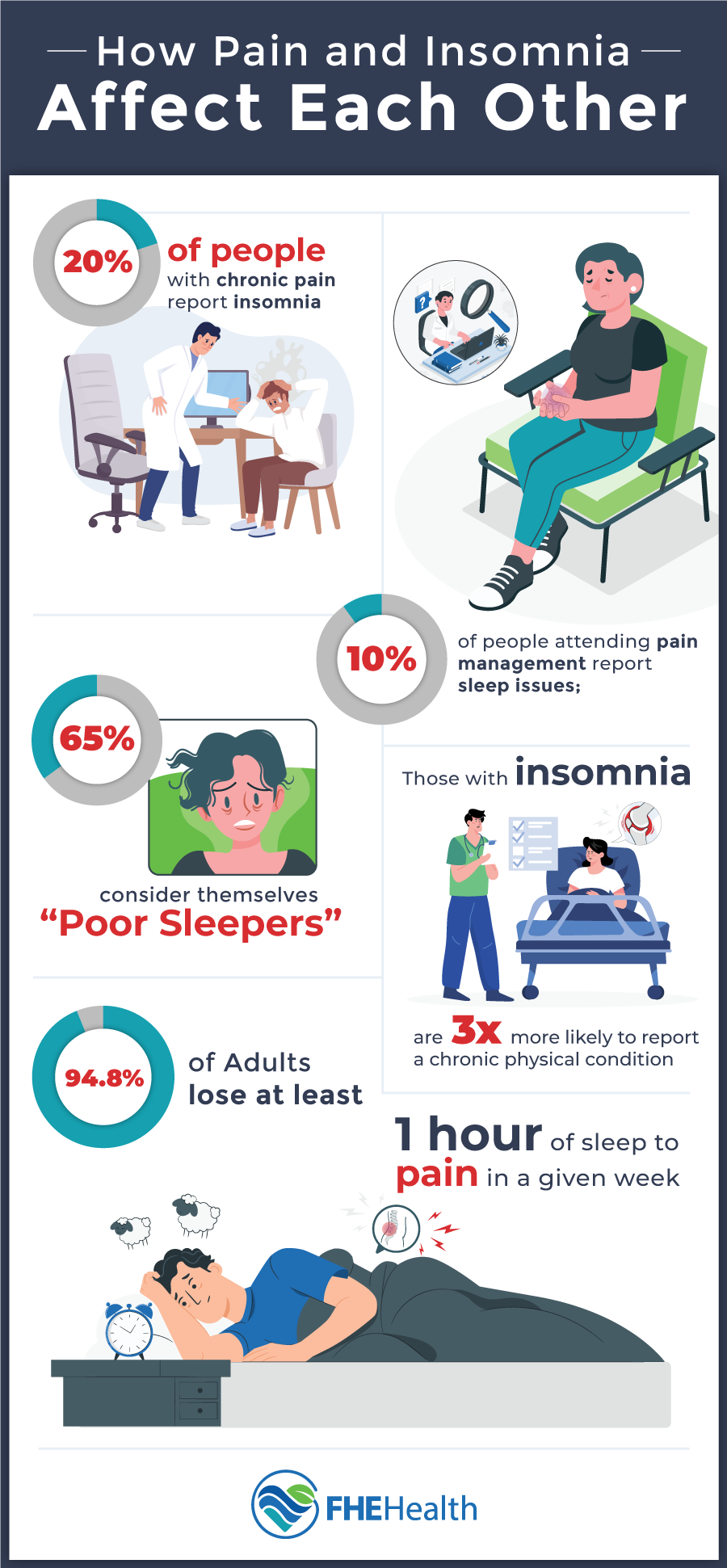We deliver to you every day from 7:00 to 23:00
The best discounts this week
Every week you can find the best discounts here.
Can Painkillers Cause Sleep Problems?
Painkillers are commonly used to relieve pain and discomfort, offering quick relief for various ailments. However, many people may not be aware of the potential side effects of these medications, including their impact on sleep. In this article, we will explore how painkillers can affect your sleep and why it’s important to be cautious about their long-term use.
What Are Painkillers?
Painkillers, also known as analgesics, are medications used to alleviate pain. They come in various forms, including over-the-counter (OTC) options like ibuprofen and acetaminophen, as well as stronger prescription drugs such as opioids. These medications work by targeting pain receptors in the body to reduce or block the perception of pain.
However, while painkillers are effective at treating pain, they can also interfere with your body’s natural sleep cycle. Understanding how these medications affect sleep is crucial for ensuring that they do not disrupt your health in the long term.
The Link Between Painkillers and Sleep Problems
How Painkillers Can Affect Sleep
Painkillers, particularly opioids and certain non-steroidal anti-inflammatory drugs (NSAIDs), can have a significant impact on sleep. These medications may cause:
-
Sleep disturbances: Painkillers can affect the sleep-wake cycle, making it difficult to fall asleep or stay asleep.
-
Increased drowsiness: Some painkillers, especially opioids, may cause drowsiness during the day, leading to disrupted sleep patterns at night.
-
Sleep apnea: Certain painkillers, particularly opioids, can relax the muscles in the airway, increasing the risk of sleep apnea.

Opioids and Sleep Problems
Opioids, a class of painkillers that include drugs like morphine, oxycodone, and hydrocodone, are known to cause significant sleep disturbances. These drugs can:
-
Suppress REM sleep: Opioids may reduce the amount of REM sleep, which is the deep sleep phase essential for physical and mental restoration.
-
Cause restless sleep: Many users report feeling tired and unrested even after a full night of sleep while using opioids.
-
Increase the risk of sleep apnea: Opioids can relax the muscles in the throat, leading to breathing problems during sleep.
Opioids should be used with caution, especially for long-term pain management. If you’re experiencing sleep problems while using opioids, it’s important to consult with your doctor for alternative pain management options.
The Role of NSAIDs in Sleep Disruptions
Non-steroidal anti-inflammatory drugs (NSAIDs) such as ibuprofen and aspirin are widely used to treat pain and inflammation. While they are less likely to cause sleep disturbances compared to opioids, they can still affect sleep in certain ways:
-
Stomach irritation: NSAIDs can irritate the stomach lining, leading to discomfort that may disrupt sleep.
-
Kidney issues: Prolonged use of NSAIDs can affect kidney function, which in turn can affect sleep quality.
For most people, occasional use of NSAIDs for pain relief does not lead to significant sleep problems. However, those who use these medications frequently should be aware of the potential side effects and discuss them with their healthcare provider.
Painkillers and Sleep Apnea
One of the more concerning side effects of painkillers, especially opioids, is their potential to exacerbate or cause sleep apnea. Sleep apnea is a condition where breathing repeatedly stops and starts during sleep, leading to poor sleep quality and increased health risks.
Opioids can relax the muscles in the throat and the upper airway, increasing the likelihood of airway obstruction during sleep. This can worsen existing sleep apnea or even lead to the development of the condition in individuals who previously did not have it.
If you are prone to sleep apnea or have been diagnosed with it, it’s essential to be cautious when using painkillers. Always consult your doctor about the best pain management options if you have concerns about your sleep.

The Impact of Painkillers on Insomnia
Insomnia is another common sleep issue that can be linked to painkiller use. People who rely on painkillers for chronic pain may experience difficulty falling asleep or staying asleep due to:
-
Pain flare-ups: Chronic pain can worsen at night, preventing restful sleep even when painkillers are used.
-
Medications causing wakefulness: Some painkillers, particularly stimulants used for pain management, can cause wakefulness and make it harder to fall asleep.
If you’re taking painkillers regularly and struggling with insomnia, it may be worth exploring non-pharmaceutical solutions to manage pain or seeking a pain management plan that minimizes the impact on sleep.
Strategies for Managing Pain Without Disrupting Sleep
While painkillers can interfere with sleep, there are several strategies you can try to manage pain without disrupting your sleep patterns:
-
Non-drug therapies: Acupuncture, physical therapy, and massage can be effective ways to manage pain without relying on medication.
-
Lifestyle changes: Regular exercise, a healthy diet, and good sleep hygiene can improve both pain and sleep quality.
-
Alternative medications: For chronic pain sufferers, alternative medications such as antidepressants or anticonvulsants may offer pain relief without the same sleep-disrupting effects as opioids.
By exploring these alternatives, you may find a way to manage your pain effectively while minimizing the impact on your sleep.
FAQs About Painkillers and Sleep Problems
Can painkillers make it harder to sleep?
Yes, certain painkillers, especially opioids and NSAIDs, can interfere with your sleep by causing drowsiness during the day, disrupting your sleep-wake cycle, or exacerbating sleep disorders like sleep apnea.
What types of painkillers cause sleep problems?
Opioids, in particular, are known to cause sleep problems. NSAIDs can also affect sleep, although their impact is generally less significant. Chronic use of either medication can lead to sleep disturbances.
Are there pain relief alternatives that don’t affect sleep?
Yes, there are several alternative treatments for pain management that have less impact on sleep, such as physical therapy, acupuncture, and lifestyle changes. Consult with your healthcare provider to explore these options.
Can painkillers cause sleep apnea?
Opioid painkillers are known to relax muscles in the throat, which can increase the risk of sleep apnea or worsen existing conditions.
Conclusion
Painkillers are effective tools for managing pain, but they can also lead to significant sleep disruptions. Opioids, in particular, have been shown to suppress REM sleep, increase the risk of sleep apnea, and cause general sleep disturbances. If you are taking painkillers and struggling with sleep, it’s important to talk to your healthcare provider. Exploring non-pharmaceutical options and adjusting your pain management strategy can help you achieve both pain relief and restful sleep.
Always remember, managing pain effectively while ensuring quality sleep is essential for maintaining overall health and well-being.











